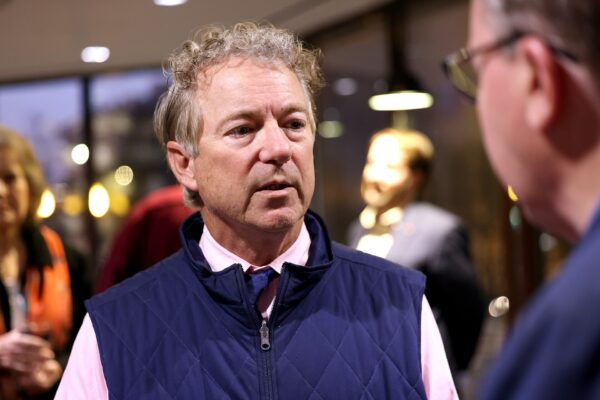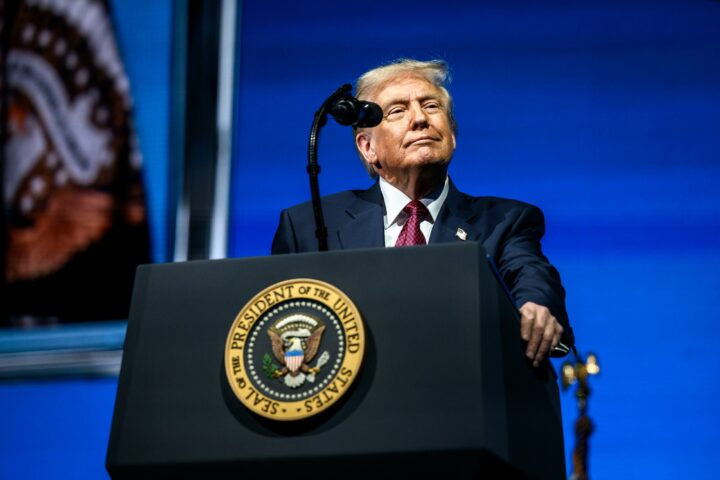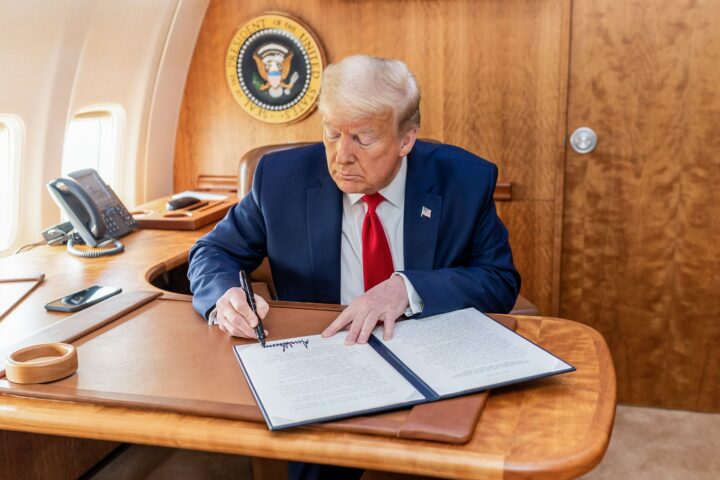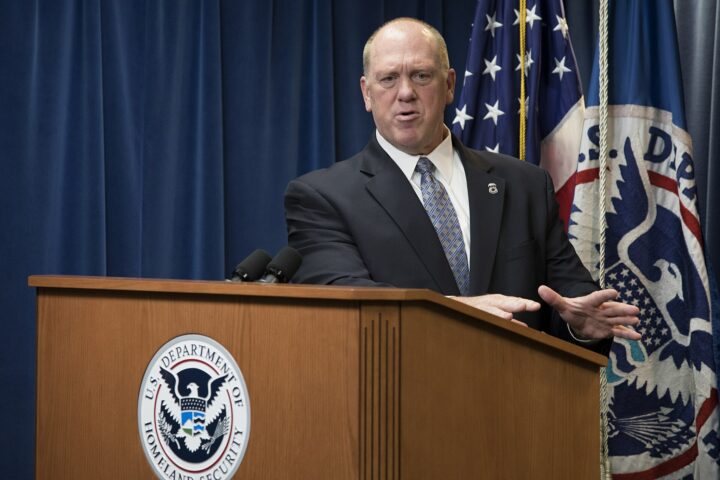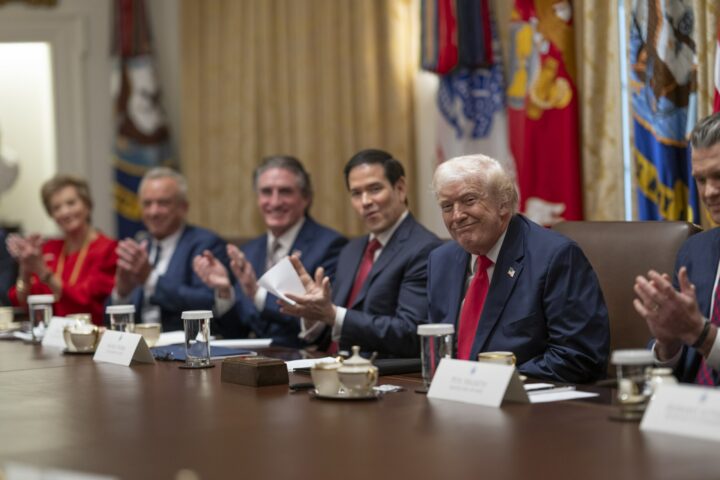In a striking repudiation of executive overreach—and a rare bipartisan rebuke of former President Donald Trump’s lingering influence—a Senate coalition is gathering strength to terminate his national emergency declaration targeting Canadian imports. Spearheaded by Senator Tim Kaine of Virginia and joined by libertarian-minded Senator Rand Paul of Kentucky, the initiative appears poised to secure enough Republican backing to clear the upper chamber, exposing a fissure between institutional conservatives and Trump’s unilateralist trade instincts, writes Politico.
Trump’s order, issued in February, invoked emergency powers to levy tariffs on goods from Canada, citing the country’s alleged failure to stem fentanyl flows into the United States. Yet this justification has drawn sharp scrutiny: data from 2022 to 2024 reveal that less than 0.1% of fentanyl seized in the U.S. entered via the northern border—an infinitesimal share that Canadian officials argue cannot plausibly support the imposition of sweeping trade penalties.
Senator Paul—long a critic of executive aggrandizement—has indicated that at least four Republicans are prepared to defect. Senators Susan Collins and Lisa Murkowski, often bellwethers of moderate dissent, have already signaled support, with Murkowski stating she is “likely” to vote in favor. Paul, while declining to name the fourth senator, cast the matter in constitutional terms: “Government by emergency rule is a mistake. The power to tax is the power to destroy … and it was given to Congress for a reason.”
Still, the fate of the resolution remains uncertain in the House, where Speaker Mike Johnson presides over a precariously thin Republican majority. Johnson—caught between procedural stewardship and partisan fealty—may resist advancing a measure that exposes intra-party divisions or undermines Trump’s populist economic vision.
Though unlikely to curb executive authority in a single stroke, the measure reflects a growing unease—even among some Republicans—with the normalization of emergency powers as a tool for remaking economic policy. Whether that unease translates into institutional resistance—or quietly dissipates under the weight of partisan inertia—remains an open question.

